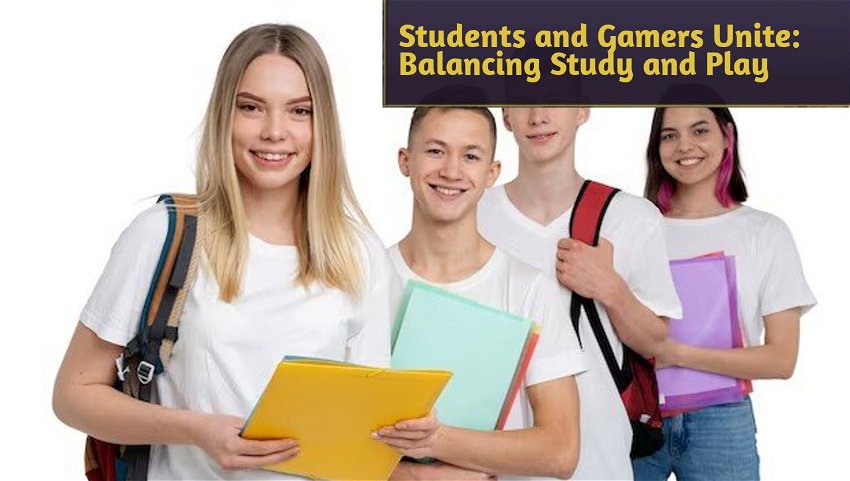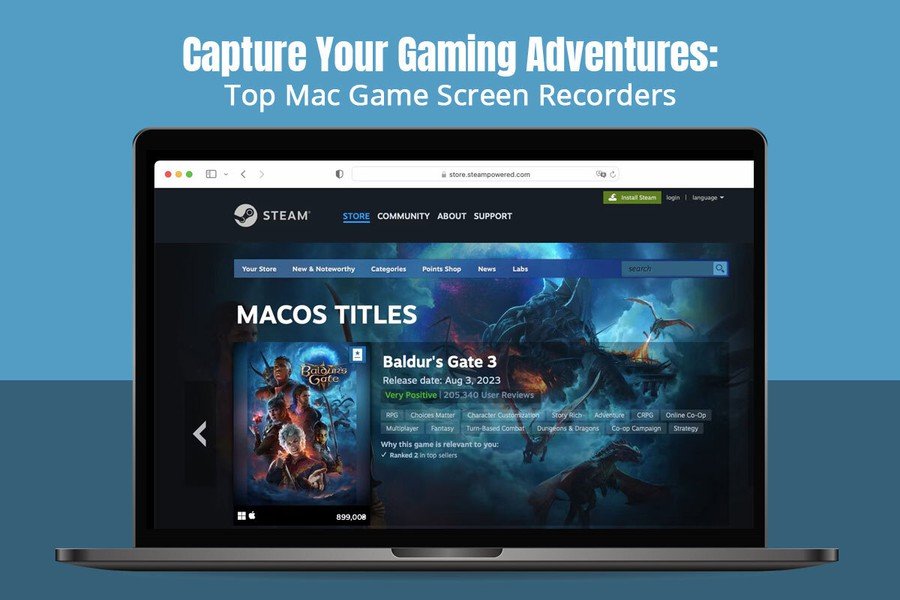Reconciling the demands of academic life with the allure of immersive gaming can be a daunting task. However, in the evolving landscape of the 21st century, it's not just a possibility, but an exciting reality. With the right strategies and a supportive community, students and gamers are not only balancing study and play but also reaping significant benefits from this distinctive lifestyle.
The Benefits of Gaming in Student Life
The world of gaming is an expansive universe that goes beyond mere entertainment. In fact, it offers a plethora of benefits that can enrich a student's life significantly.
Firstly, strategic video games are known to enhance problem-solving skills. Games like 'Minecraft' or 'Civilization' require players to think critically, make quick decisions, and strategize effectively. These skills are directly applicable to academic scenarios, where students need to analyse information, develop arguments, and solve complex problems.
Secondly, gaming can boost a student's multitasking abilities. Games often demand players to manage multiple objectives simultaneously, thereby improving their multitasking and coordination skills. This ability is beneficial in the academic sphere, particularly when students need help with assignment completion, project management, and meeting multiple deadlines.
Lastly, gaming can foster social connections and build communities. With multiplayer games and online platforms, students can interact with diverse groups of people from around the globe. This not only broadens their cultural understanding but also provides a network of support, which is crucial in navigating the challenges of student life.
Strategies for Balancing Gaming and Academic Commitments
While gaming offers numerous benefits, balancing it with academic commitments requires careful planning and self-discipline. Here are some strategies that can help students maintain equilibrium between the two.
Adopting a structured schedule is essential. Having a clear plan that delineates study time and gaming time can prevent procrastination and ensure that neither activity overshadows the other. Tools like Google Calendar or Trello can help students organize their time effectively.
Next, setting clear academic and gaming goals can provide direction and motivation. Whether it's aiming for a certain GPA or reaching a new level in a game, having tangible goals can keep students focused and driven.
Lastly, it's important to remember that balance doesn't mean equal time distribution. Depending on the circumstances, there might be periods where academic commitments need more attention, and times where gaming can take the front seat. Flexibility and adaptability are key in maintaining this balance.
Online Communities for Student Gamers
Online communities play a crucial role in bridging the gap between gaming and academics. These platforms provide a space for student gamers to connect, share strategies, seek help with assignments, and even discuss academic topics.
Forums like Reddit have numerous subreddits dedicated to student gamers. Here, students can find game reviews, tips for balancing gaming and studies, and even academic advice. Similarly, platforms like Discord offer dedicated channels where students can engage in real-time discussions about games and academics.
In addition to these, there are numerous online gaming communities that host tournaments, workshops, and mentorship programs specifically for students. These platforms not only foster a sense of community but also provide opportunities for students to develop their gaming skills alongside their academic growth.
Success Stories of Gamers Who Excelled Academically
The narrative of gamers excelling academically is not a myth but a reality backed by numerous success stories. One such example is that of Kuro "KuroKy" Salehi Takhasomi, a professional 'Dota 2' player and a Computer Science student. Despite his intensive gaming career, KuroKy managed to balance his academics effectively, attributing his success to a disciplined schedule and a supportive community.
Another inspiring story is that of Sasha "Scarlett" Hostyn, a professional 'Starcraft II' player and a Physics major. Scarlett successfully juggled her gaming career and studies by setting clear goals and leveraging online communities for both game strategies and academic help.
These success stories demonstrate that with the right strategies and a supportive community, students can not only balance gaming and academics but also excel in both domains. It's a testament to the potential of this unique lifestyle, where students and gamers unite in a thrilling journey of growth, learning, and fun.
In conclusion, being a student gamer is not just about balancing study and play. It's about leveraging the benefits of gaming to enhance academic life, developing strategies to manage commitments, utilizing online communities for support, and drawing inspiration from those who have successfully navigated this path. This unique journey offers a valuable opportunity for personal and academic growth, fostering skills that will serve students well beyond their academic years.










— 评论 0
, 反应 1
成为第一个发表评论的人